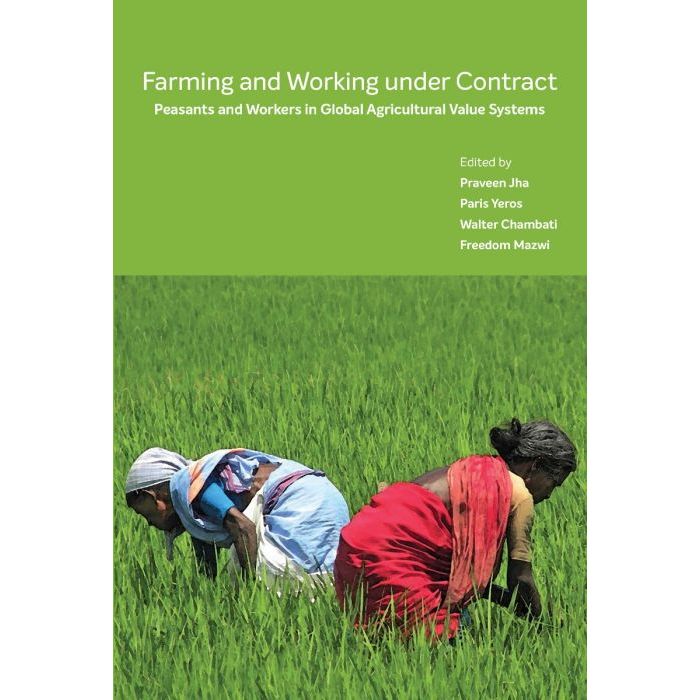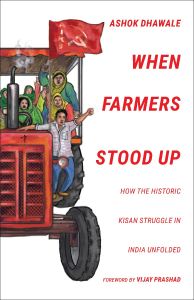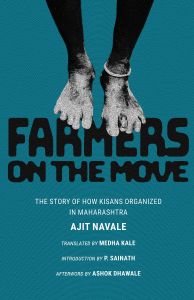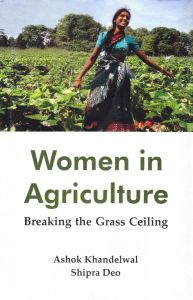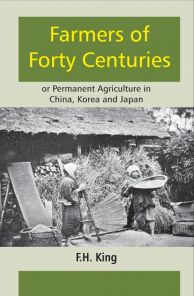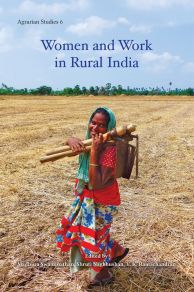Farming and Working under Contract
Contract farming has expanded and deepened its reach under neo-liberalism, alongside the large-scale land acquisitions under way via purchases or lease agreements. Contract farming in high-value agricultural chains has been touted by international governmental and non-governmental organizations as a solution for peasants and rural communities, in terms of access to markets, inputs, credit, technology, incomes and employment. Yet global agricultural value systems remain monopolistic and continue to function on the basis of structural asymmetries between multinational corporations and smallholder farmers, as well as the workforce mobilized among family members and farm workers. Decision-making powers over land use and the production process are typically ceded to the MNCs, even if indirectly, while social and environmental costs are borne by the peasants and workers themselves. Positive experiences for peasants and workers have been noted in research, especially when cooperatives, trade unions or state interventions shift the relation of forces. But such experiences within global value systems are not generalizable, nor are they sufficient for the social and economic transformation required today in the global South.
This book brings together studies by researchers associated with the Agrarian South Network, to examine the different types of contract farming arrangements in Africa, Asia and Latin America. The studies assess the dynamics of contract farming for various crops, markets and farmers, and point to the need for an urgent change of direction in thinking about the global agrarian question.

